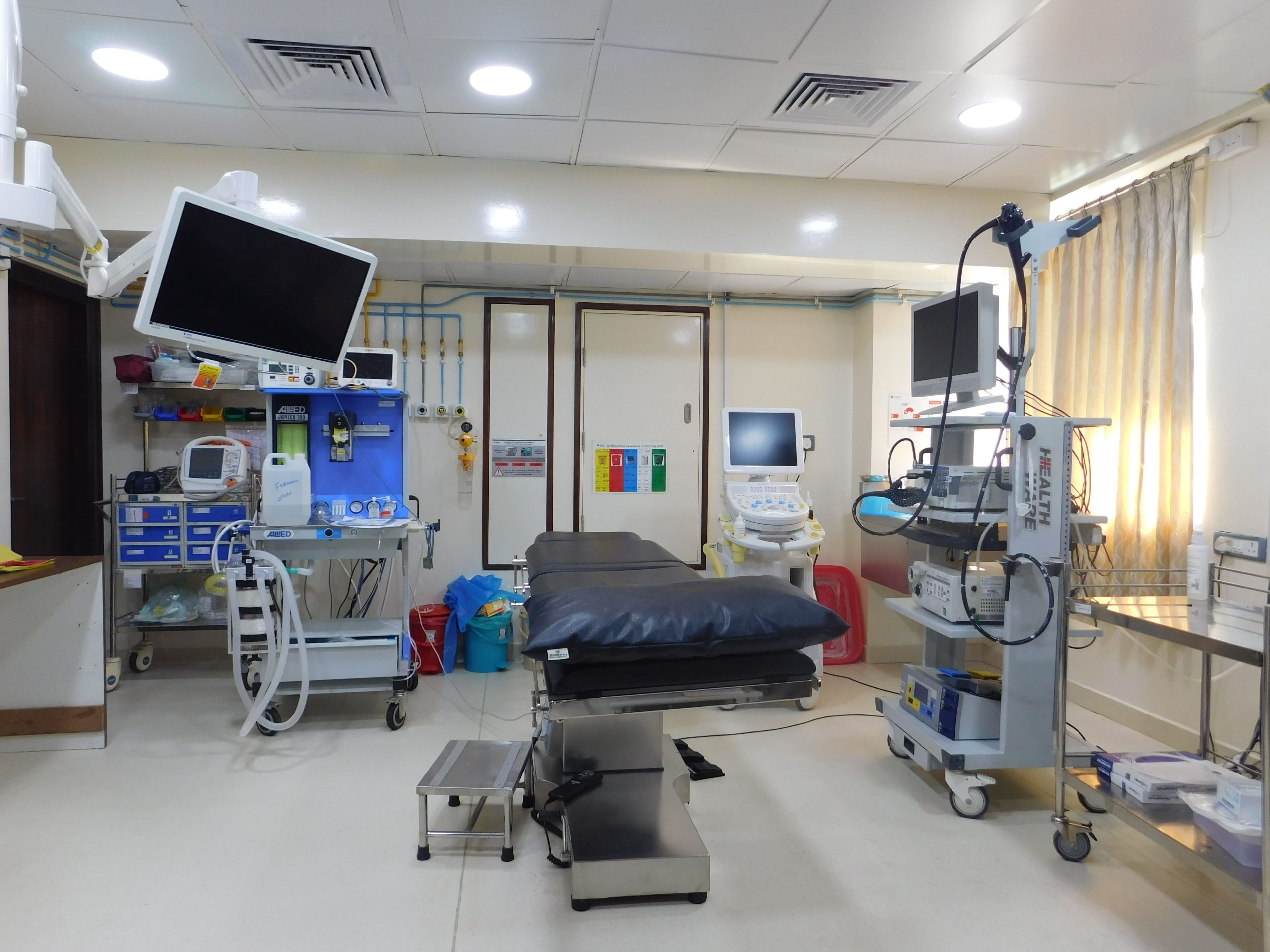In the rapidly evolving landscape of healthcare, technology plays an increasingly pivotal role in shaping modern nursing education. As the demand for skilled nurses rises globally, the integration of advanced technological tools into nursing education has become essential. This integration not only enhances the quality of education but also ensures that nursing professionals are well-equipped to meet the complex needs of today’s healthcare environment. Key areas impacted by technology in nursing education include clinical practice, continuing nursing education, and patient safety, all of which contribute to the development of a holistic, professional nursing workforce.
Enhancing Clinical Practice Through Simulation
One of the most significant contributions of technology to nursing education is the use of simulation in clinical training. High-fidelity simulations, which replicate real-life healthcare scenarios, allow nursing students to practice and hone their skills in a controlled, safe environment. This hands-on experience is invaluable, as it prepares students for the unpredictable nature of real-world clinical practice. Simulations enable students to apply theoretical knowledge in practical settings, from basic patient care to managing complex medical conditions. Furthermore, the ability to repeat scenarios helps students refine their techniques and build confidence, ultimately leading to improved patient safety and outcomes in professional practice.
Continuing Nursing Education in the Digital Age
The need for continuous learning is a hallmark of the nursing profession, and technology has revolutionized continuing nursing education. Online courses, webinars, and virtual conferences provide nurses with the flexibility to pursue further education without interrupting their careers. These digital platforms offer a vast array of resources, from the latest research in medicine and public health to specialized training in emerging fields such as robotics and telemedicine. By leveraging these tools, nurses can stay current with global trends and advancements, ensuring they provide the highest standard of care. Additionally, online learning communities foster collaboration and knowledge sharing among nurses worldwide, further enriching their professional development.
Improving Patient Safety and Care with Technology
Technology’s impact on patient safety cannot be overstated. Electronic Health Records (EHRs), for example, have transformed how nurses document and access patient information, leading to more accurate and efficient care. EHRs reduce the risk of errors associated with handwritten notes, ensure that critical patient information is readily available, and facilitate better communication among healthcare providers. Moreover, the integration of technology into patient monitoring systems enables real-time tracking of vital signs, allowing for quicker responses to potential health crises. This technological support not only enhances patient safety but also frees nurses to focus more on direct patient care, fostering a more holistic approach to nursing.
Preparing for the Future: Global Trends and Innovations
The Healthcare industry will continue to progress and grow and to match with this, we need to bring necessary changes in Nursing Education as well. Emerging technologies such as artificial intelligence (AI), virtual reality (VR), and robotics are poised to further transform the field. AI-driven tools can analyze vast amounts of data to provide insights that inform clinical decisions, while VR offers immersive training experiences that can simulate complex medical procedures. Robotics, already making inroads in surgical settings, could soon play a role in assisting nurses with routine tasks, thereby reducing physical strain and increasing efficiency. Preparing nursing students to work alongside these technologies is crucial, as it ensures they are ready to meet the challenges of a rapidly changing healthcare landscape.
The Holistic Approach in a Technological World
While technology offers numerous benefits to nursing education, it is essential to maintain a holistic approach to patient care. Nursing is fundamentally about human connection, empathy, and understanding the diverse needs of patients. Technology should be viewed as a tool that complements, rather than replaces, these core aspects of nursing. Educators must ensure that students are not only proficient in using technology but also grounded in the principles of compassionate care. By balancing technological proficiency with a focus on holistic nursing, educators can prepare students to provide care that is both cutting-edge and deeply human.
Conclusion
Technology has become an indispensable part of modern nursing education, offering new ways to enhance clinical practice, support continuing education, and improve patient safety. As global trends in healthcare continue to evolve, the integration of advanced technologies such as AI, VR, and robotics will further shape the future of nursing. However, it is crucial to balance these innovations with the core values of holistic nursing, ensuring that the next generation of nurses is equipped not only with technical skills but also with the empathy and compassion that define the profession.
By
Prof. Reena Ravi S
Principal




